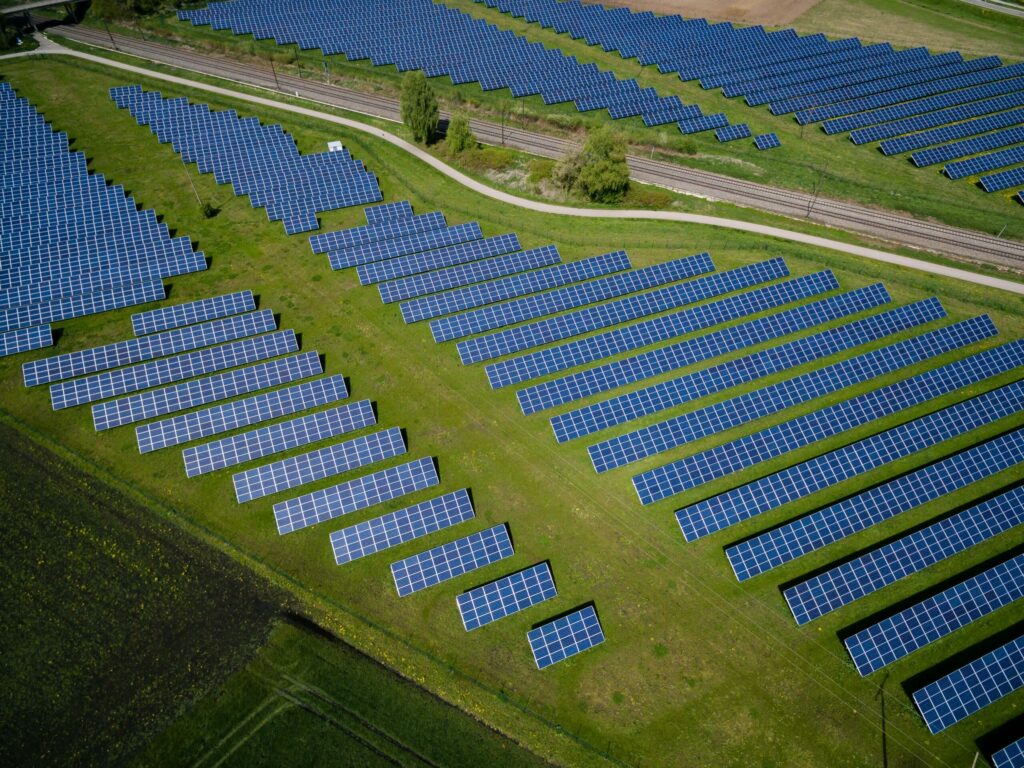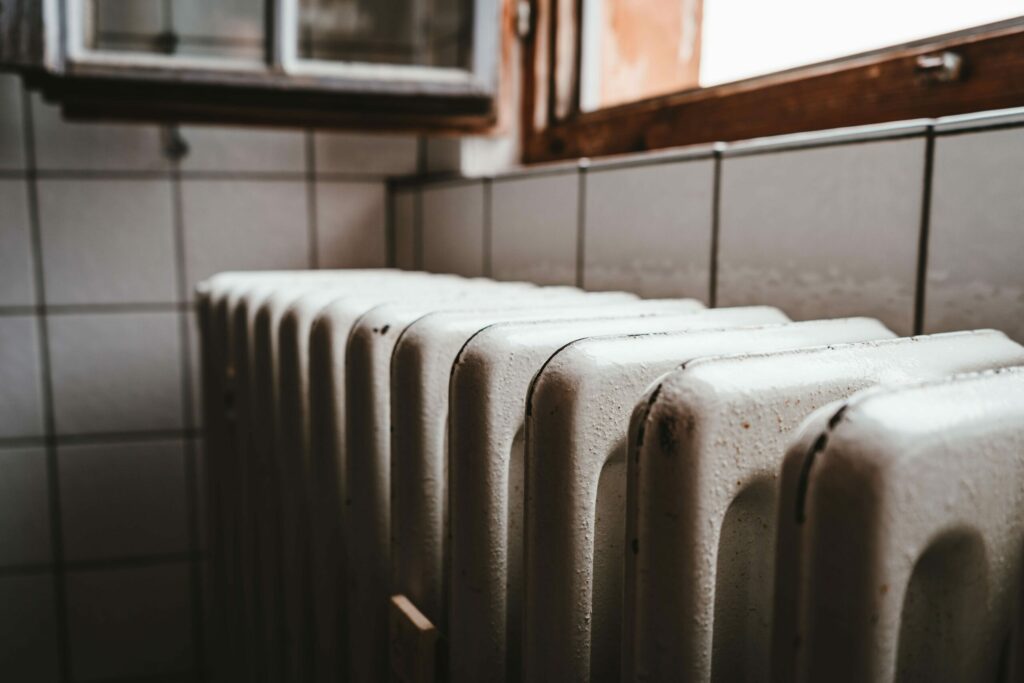Wed, Jun 28th 2023

(Keystone SDA) The Federal Council wants to enshrine various measures to prevent energy shortages in law and specifically promote winter electricity production.
On Wednesday, the council submitted the necessary changes to the law for a power reserve for consultation. Since the outbreak of the Ukraine war, the danger of a gas shortage in Switzerland has increased. In addition, there are technical problems in many French nuclear power plants.
The Federal Council therefore took various measures to prevent an energy shortage at the ordinance level. These are limited until the end of 2026. The hydropower reserve, the creation of reserve gas power plants and pooled emergency power groups as well as combined heat and power plants should also help in the medium and long term to provide a sufficiently large power reserve, as the Federal Council wrote.
The Federal Council wants to place the various reserve capacities on an indefinite legal basis and thus strengthen security of supply.

Specifically, the Federal Council should be able to specify target values for the dimensioning of the individual components of the reserve. The Federal Electricity Commission (Elcom) is to determine the specific dimensions.
In principle, the supplementary reserve should be made available through tenders, although another method should also be possible for emergency power groups and combined heat and power plants. Plant operators are to receive an availability fee for participating in the reserve. If their reserves are called, they should also receive a call fee.
To ensure that the greenhouse gas balance is not burdened, the Federal Council can make adjustments to the CO2 law in accordance with the consultation draft, such as the obligation to participate in the emissions trading system. In addition, it can provide for proportionate and limited exceptions to environmental protection law and cantonal operating regulations if this is essential for the operation of the facilities.

The Federal Council plans to invest CHF 20 million annually over a period of ten years in order to promote combined heat and power (CHP) systems. The new CHP systems should provide an additional amount of electricity of around 400 gigawatt hours (GWh) in the winter months.
Financing is provided by the network surcharge fund. The network surcharge will not be increased for this. In principle, all other costs should be part of the chargeable operating costs of the transmission system and therefore passed on to all end consumers. As a result, electricity prices are likely to rise.
In the Energy Act, the Federal Council wants to enshrine the mandate for the Federal Office of Energy (SFOE) to inform the public about the current status and the development over time of the energy supply in Switzerland. The legal adjustment ensures that the SFOE has access to the relevant data.

Since the construction of new reserve power plants takes time, according to the Federal Council, a call for tenders for new reserve power plants will be carried out this year on the basis of the Winter Reserve Ordinance. The operators are to be reimbursed for the costs of project planning and the necessary advance payments if Parliament does not create the legal basis for the tenders.
A consumption reserve is not an issue for the Federal Council. The industry should therefore not be obliged to reduce demand in a targeted manner. It would be more efficient if the electricity industry offered such products on the market voluntarily. Appropriate regulations are also provided for in the Energy Mantle Decree. Parliament is currently deliberating on this bill.
